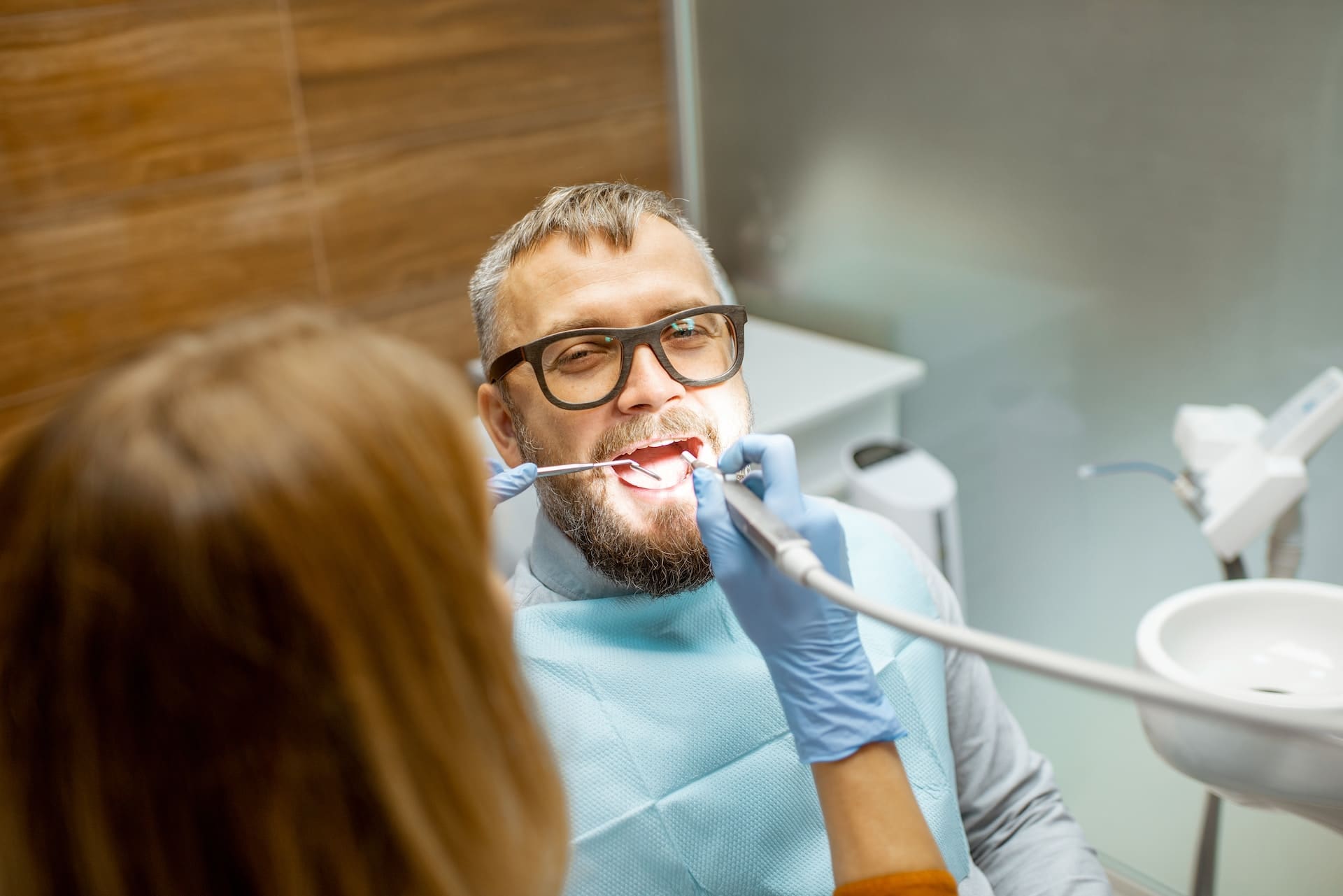Understanding TMJ/TMD Treatment Options for a Pain-Free Jaw
What Are TMJ/TMD and Their Causes?
Temporomandibular joint disorders, commonly referred to as TMJ or TMD, involve issues with the hinge-like temporomandibular joint that connects the lower jaw to the temporal bone of the skull. TMJ/TMD can affect an individual’s ability to talk, chew, swallow, and yawn without discomfort. Common causes of TMJ/TMD include: * Jaw injury or trauma * Arthritis in the temporomandibular joint * Dental issues, such as misaligned teeth or bite * Teeth grinding or clenching (bruxism) * Prolonged stress and anxiety, leading to increased muscle tension in the jaw area TMJ/TMD can manifest in various symptoms, including jaw pain, clicking or popping sounds when moving the jaw, limited jaw movement, headaches, earaches, and even neck or shoulder pain.Diagnosing TMJ/TMD
A proper diagnosis is essential for developing an appropriate and effective TMJ/TMD treatment plan. At Weston Dental Specialists Group, our dental professionals conduct a comprehensive evaluation that may include the following: * A detailed review of the patient’s medical and dental history * A physical examination to assess the jaw’s range of motion, check for joint abnormalities, and identify areas of pain or discomfort * Dental X-rays or other imaging to assess the temporomandibular joint and surrounding structures Once the diagnosis is confirmed, our dental specialists will develop a personalized treatment plan tailored to the patient’s unique needs.Treatment Options for TMJ/TMD
There is no one-size-fits-all solution for TMJ/TMD, as the condition varies from person to person. Several treatment options are available, ranging from non-invasive therapies to surgical interventions. Some of the most common TMJ/TMD treatment options include:- Home Care and Lifestyle Changes: For mild TMJ/TMD cases, simple home care practices and lifestyle adjustments can often alleviate symptoms. This may involve applying ice or heat packs to the affected area, eating a soft-food diet, practicing stress management techniques, and avoiding excessive jaw movements like yawning or gum chewing.
- Oral Appliances: Custom-made oral appliances, such as night guards or splints, can help relieve TMJ/TMD symptoms in some cases. These devices are designed to stabilize the jaw, prevent teeth grinding, and reduce muscle tension, providing relief from discomfort.
- Physical Therapy and Jaw Exercises: Physical therapy or jaw exercises can help strengthen jaw muscles, restore normal jaw function, and alleviate pain in some TMJ/TMD patients. A dental professional may recommend specific exercises or pursue a referral to a physical therapist specializing in TMJ/TMD treatment.
- Medications: Over-the-counter or prescription medications, including nonsteroidal anti-inflammatory drugs, muscle relaxants, or antidepressants, can help manage pain and inflammation associated with TMJ/TMD.
- Surgical Intervention: In cases where conservative treatment options prove ineffective or the TMJ/TMD is caused by a structural issue within the joint, surgical intervention may be necessary. This can include arthroscopic surgery, open-joint surgery, or, in some cases, total joint replacement.


